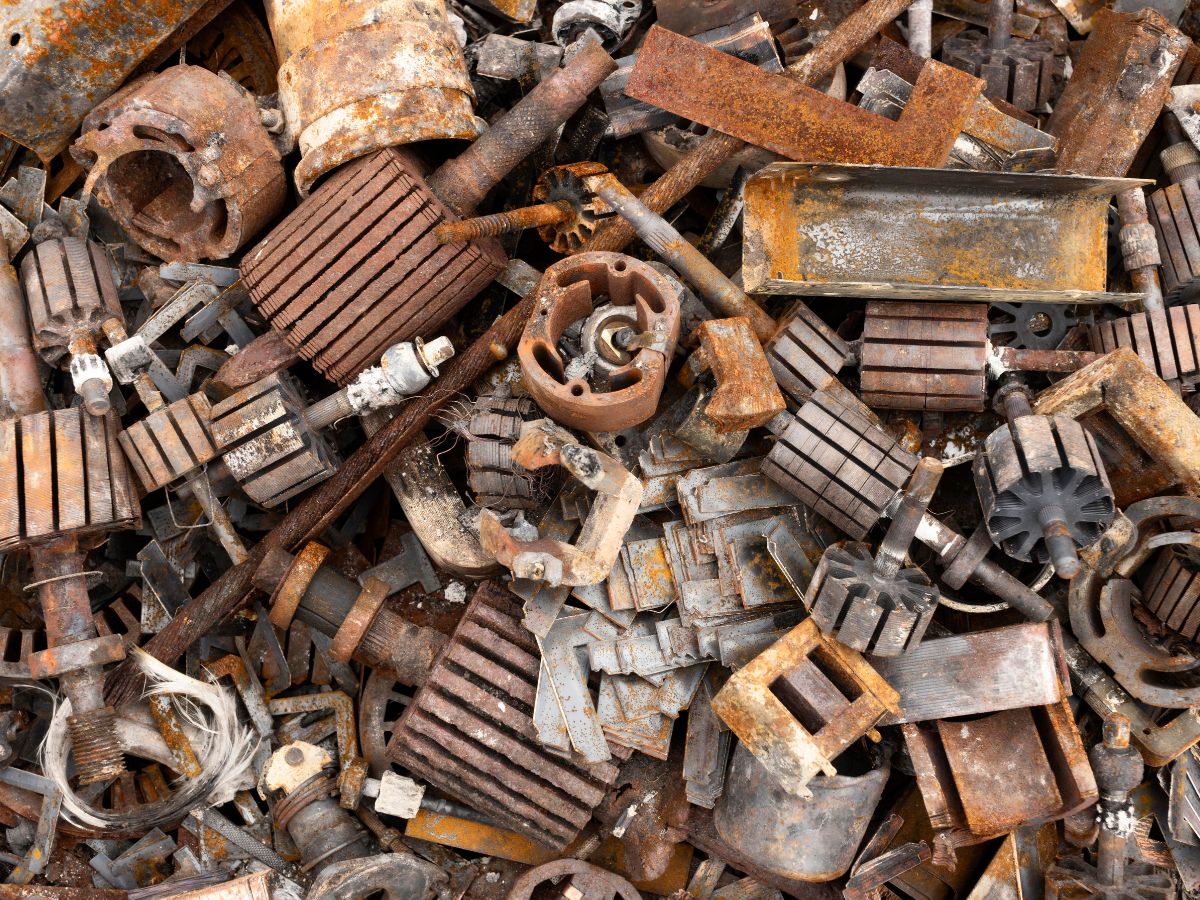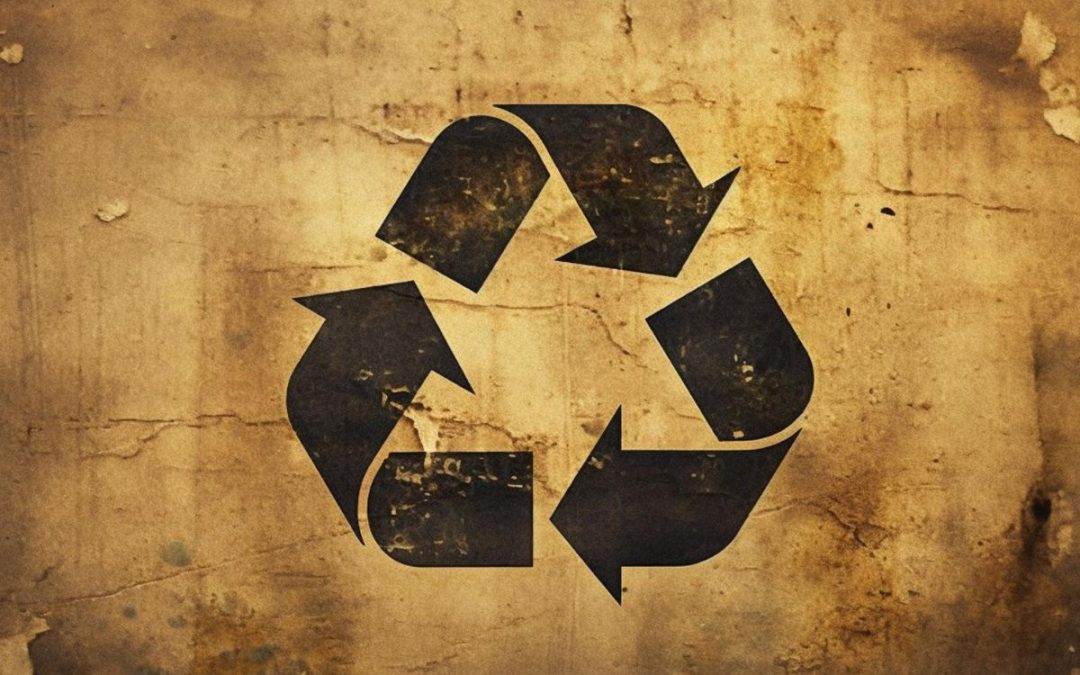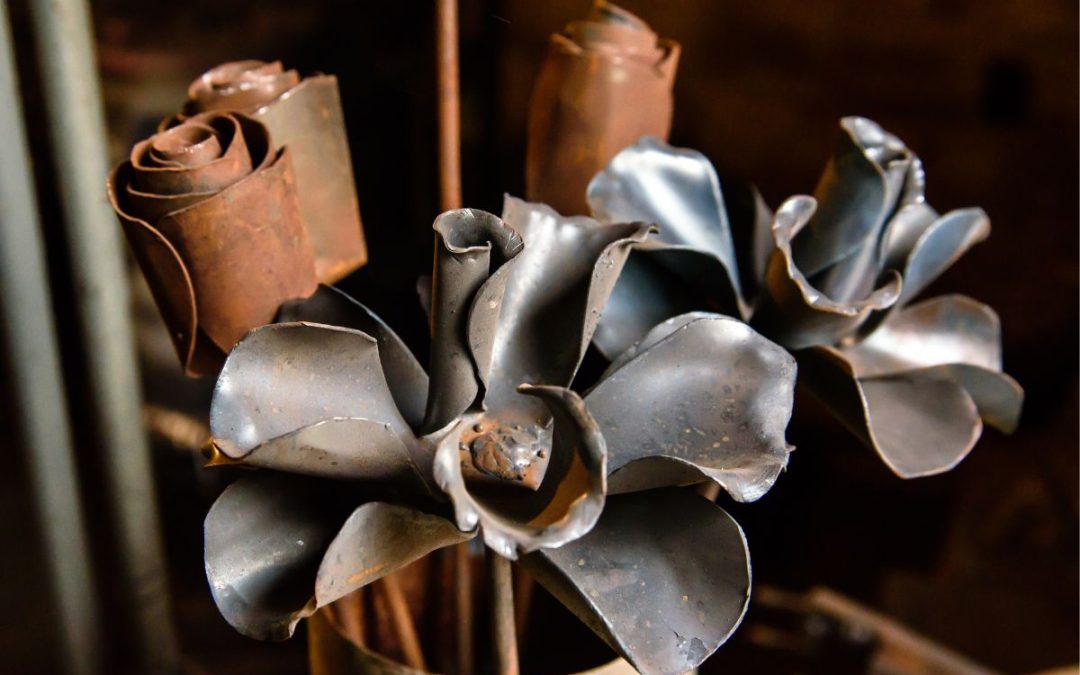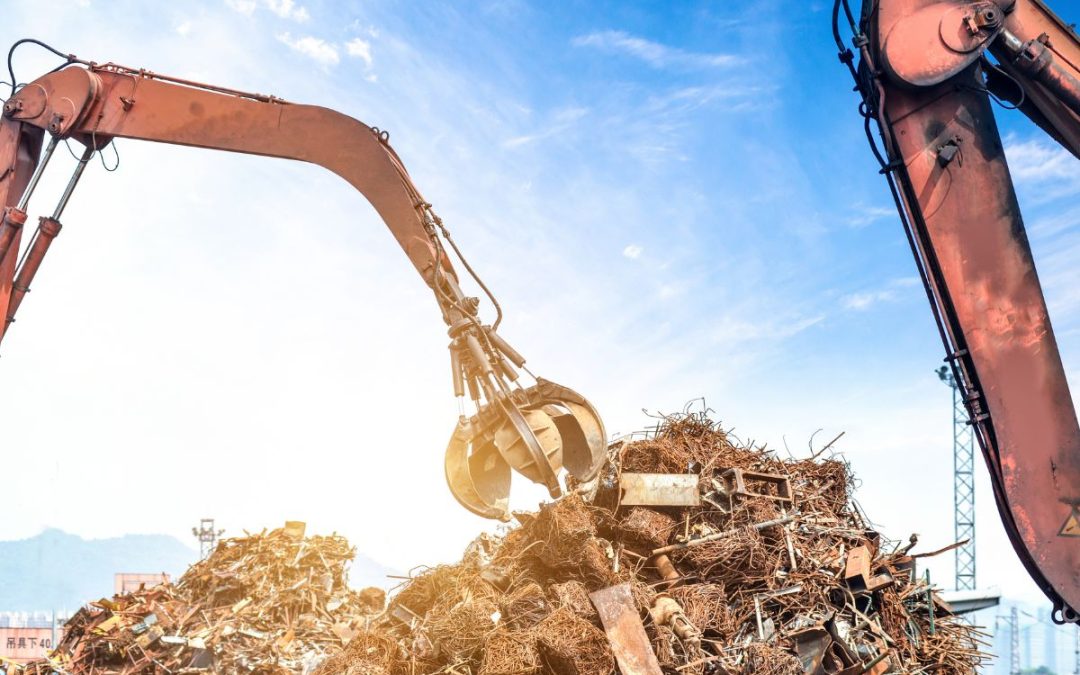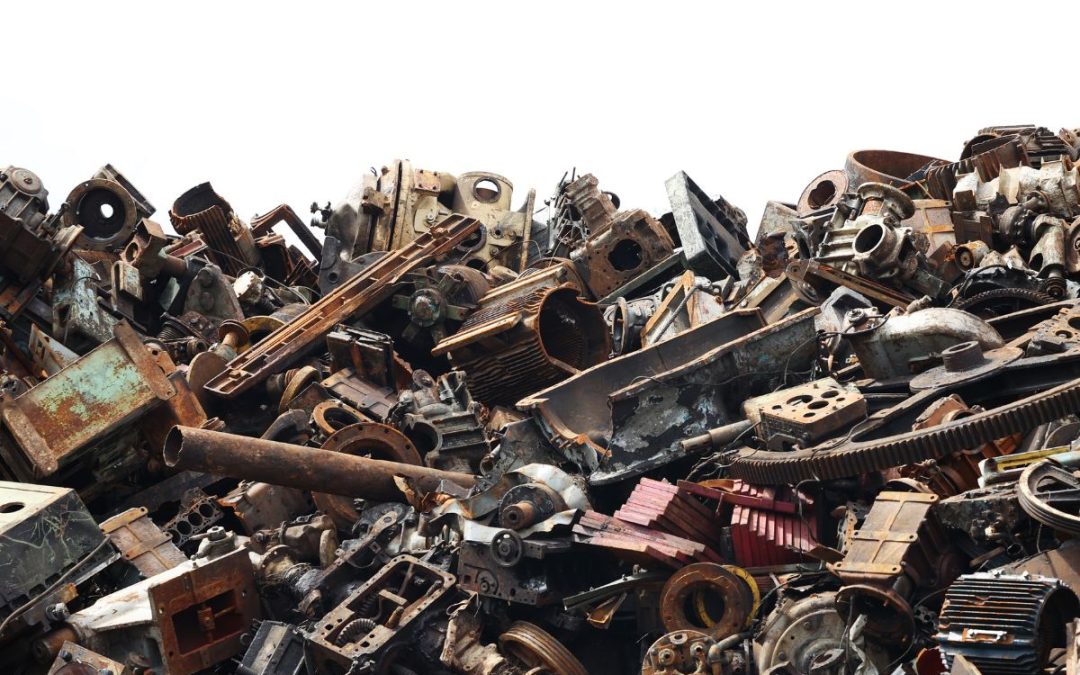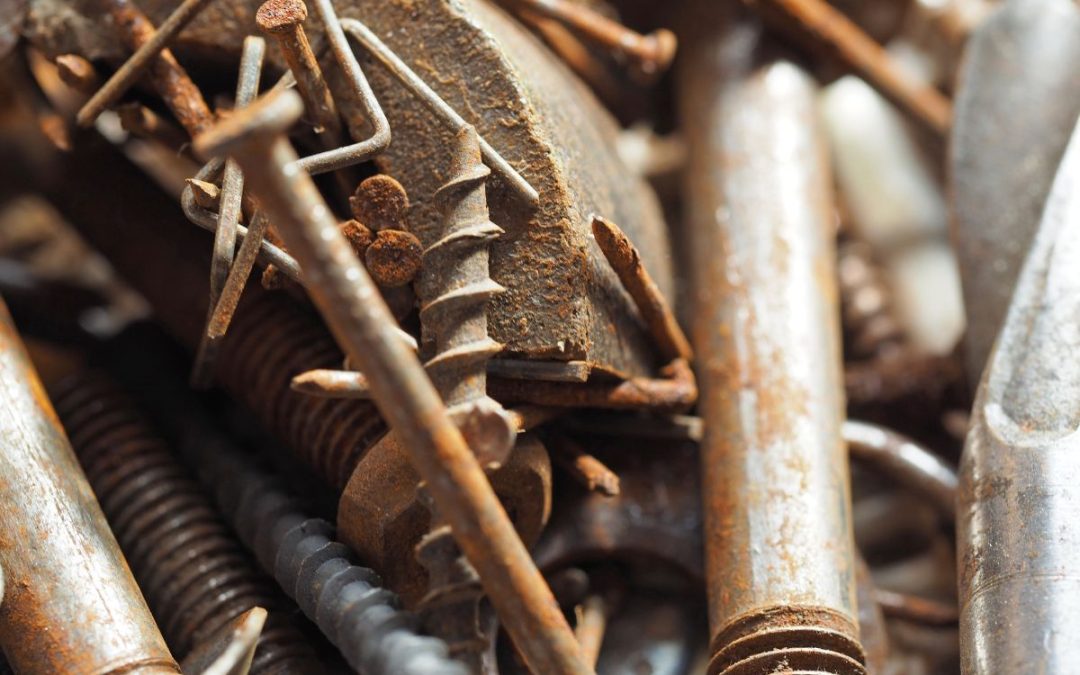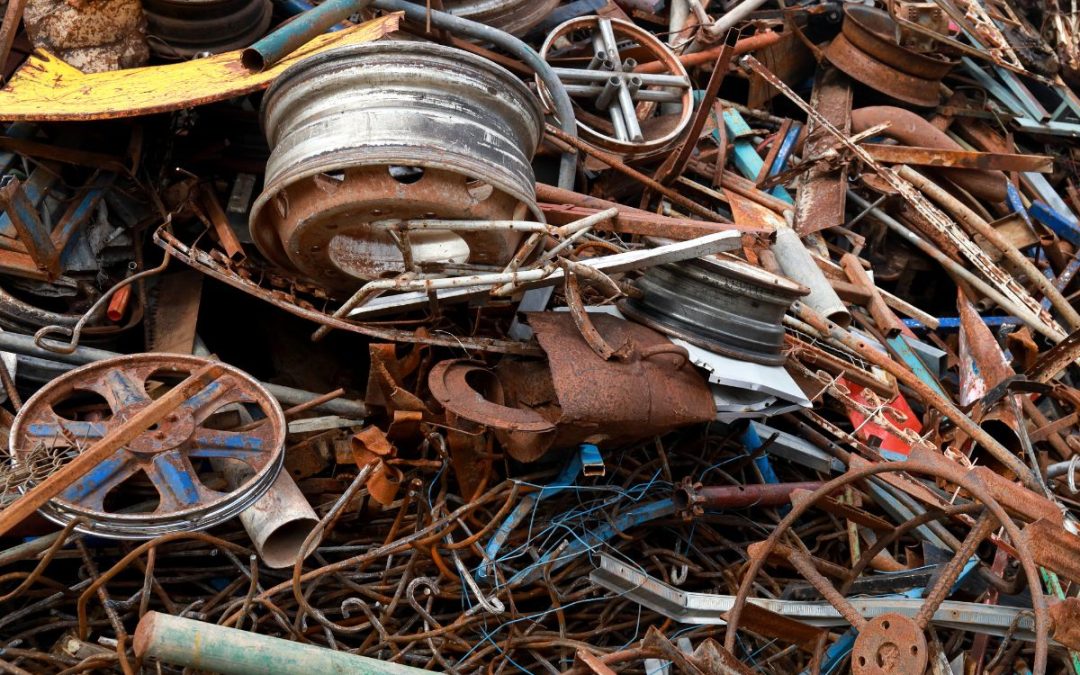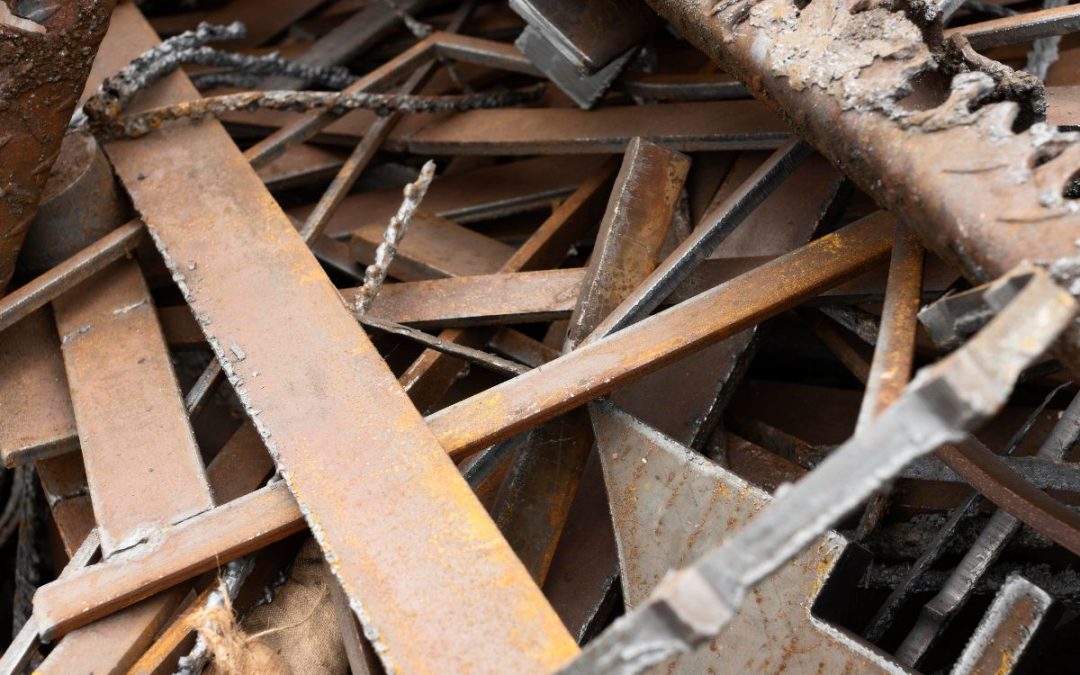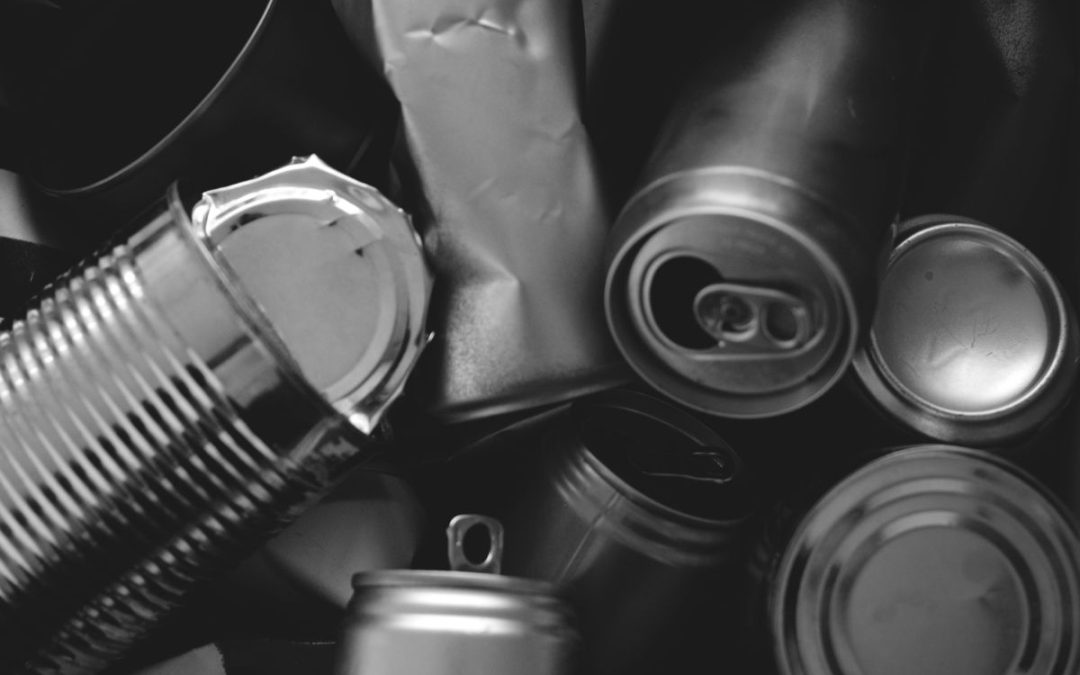A Guide to Understanding the Scrap Metal Grading System. Maximize Your Scrap Metal’s Value with Bestway Metal Recycling
Introduction
The scrap metal grading system plays a crucial role in determining the value and recyclability of your scrap metal. Understanding how different metals are graded can help you maximize your scrap’s value and ensure a seamless recycling experience. In this guide, we’ll explain the scrap metal grading system and how it affects the prices you can expect to receive from Bestway Metal Recycling.
1. Why Scrap Metal Grading Matters
The scrap metal grading system is essential for both buyers and sellers, as it establishes a common language to describe the quality and condition of different metals. By assigning grades to scrap metals, recyclers can better determine their value, processability, and potential uses.
2. Common Factors Affecting Scrap Metal Grades
Various factors affect the grading of scrap metal, including:
– Metal type: The type of metal, such as copper, aluminum, or brass, is the most significant factor influencing its grade and value.
– Purity: The purity of the metal, or the percentage of the primary metal in the scrap, affects its grade and recyclability.
– Contaminants: The presence of foreign materials, such as paint, oil, or plastic, can lower the grade and value of scrap metal.
– Size and shape: The size and shape of the scrap metal can impact its grade, as smaller or oddly shaped pieces may be more challenging to process.
3. Examples of Scrap Metal Grades
While each type of metal has its own grading system, some common examples include:
– Copper:
- Bare Bright Copper: The highest grade, consisting of clean, uncoated, and unalloyed copper wire.
- No. 1 Copper: Clean, uncoated copper pipe or wire, free of solder or paint.
- No. 2 Copper: Copper with minimal contamination, such as solder, paint, or oil.
– Aluminum:
- Clean Aluminum: Free of contaminants and typically used for aluminum cans or sheets.
- Painted Aluminum: Aluminum with a painted or coated surface.
- Dirty Aluminum: Aluminum with a significant amount of contamination, such as dirt, oil, or other metals.
– Brass:
- Yellow Brass: Clean and uncoated brass without any attachments or contamination.
- Red Brass: A high-copper brass alloy with a reddish hue, commonly used in plumbing fixtures.
- Dirty Brass: Brass with contaminants or foreign materials attached.
4. How Grading Affects Scrap Metal Prices
The grade of your scrap metal directly impacts the price you can expect to receive from a recycling facility. Higher-grade metals typically fetch higher prices, as they are easier to process and have a higher purity. By understanding the grading system, you can better assess the value of your scrap and negotiate with buyers.
5. How to Improve Your Scrap Metal’s Grade
To maximize the value of your scrap metal, consider taking steps to improve its grade, such as:
– Cleaning: Remove contaminants like dirt, oil, or paint to improve the metal’s grade and value.
– Separating: Sort your scrap metal by type and grade to make it easier for recyclers to process.
– Stripping: For metals like copper, strip the insulation from wires to increase their grade and value.
Conclusion
Understanding the scrap metal grading system is crucial for maximizing the value of your scrap and ensuring a smooth recycling process. By familiarizing yourself with the grading criteria and taking steps to improve your scrap metal’s grade, you can secure better prices and contribute to a more sustainable future. At Bestway Metal Recycling, we’re committed to providing transparent pricing, excellent customer service, and responsible recycling practices.
Bestway Metal Recycling is a family-owned business. We have been in operation since 2003. We are fully licensed by the City of Toronto for Metal Recycling. We buy Scrap Metals, Scarp Cars & Junk Cars, Scrap Copper, Scrap Aluminum, Scrap Copper Wires, Scrap Lead Batteries, Scrap Brass, and Scrap Catalytic Converters.
Contact us @ (416) 752-5755 to sell your scrap metals and scrap cars for cash.

